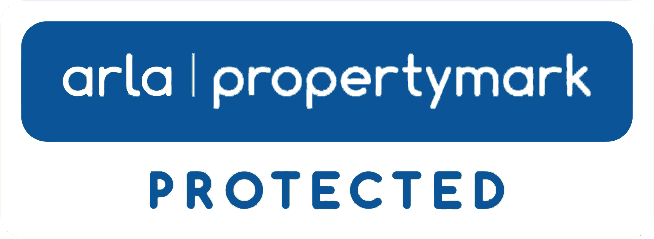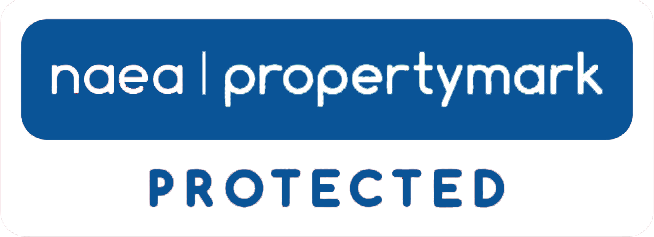
Probably the biggest challenge in letting and managing property is staying up-to-date and compliant with the law. There are more than 400 separate rules and regulations, many of which are kept under review and can be updated or added to, sometimes at short notice.
For self-managing landlords, it can be hard keeping up with legal changes, not least because they’re not always well-publicised. And not only do you need to know when the law changes, you also need to understand how it might apply to you and your property. This is a big reason why so many landlords choose to use an agent to let and manage their rentals – we invest a lot of money on training and support that ensures we’re always up to date and able to stay ahead of new legislation. Plus, of course, we have systems in place that streamline the day-to-day business of letting and managing properties and tenants – things that can prove incredibly time-consuming for individual landlords.
But while you might be convinced of the benefits of having an agent, how do you make sure you choose the right one?
Letting agents and property managers in Scotland and Wales are required to be registered/licensed, complete specific training and comply with a Code of Practice, but there are currently no such legal requirements for agents in England. So how do you know which ones are up to scratch?
To help you, here’s our round-up of what to look for in a competent and professional agent:
What is required for letting agents to legally operate?
By law, letting agents are required to have:
- Membership of a government-approved redress scheme. This is to ensure that where landlords or tenants can’t resolve a complaint directly with an agent or property manager themselves, they can go to an independent third party that will investigate the matter. In England and Wales, there are two approved schemes: The Property Ombudsman – of which JW Wood is a member - and the Property Redress Scheme. Agents or property managers who don’t have membership of one of these could be fined £5,000 initially, with further penalties if they continue to fail to comply.
Note that one of the requirements for membership is that the agents have professional indemnity insurance. This means that if any of their clients take legal action and claim financial compensation for bad advice or some other mistake, the agent’s costs are covered. And that means you as the landlord should be able to secure money due to you.
- Client money protection (CMP). This is essentially an insurance policy that protects any money held by your agent on your behalf, such as rent or property maintenance funds. If they go bust or misappropriate monies, the CMP scheme will reimburse you.
Although these are legal requirements, there are still some agents out there operating without any of the above, so you must check, otherwise, you could be left out of pocket or with sub-standard service and very little recourse.
What qualifications or memberships should a professional agent have?
Any reputable agent should be a member of one of the lettings industry’s professional, self-regulating industry bodies:
- Propertymark is the leading organisation that sets professional standards for letting agents. It was launched in 2017, combining ARLA, NAEA, NAVA, ICBA and APIP into one single brand. Member agents must adhere to a code of conduct and undergo training, and benefit from legal support and ongoing training and development.
- The three other main bodies are the UK Association of Letting Agents (UKALA), Safeagent (formerly the National Approved Lettings Scheme) and the Royal Institution of Chartered Surveyors (RICS).
Any reputable agent should be a member of one of the lettings industry’s professional, self-regulating industry bodies:
- Propertymark is the leading organisation that sets professional standards for letting agents. It was launched in 2017, combining ARLA, NAEA, NAVA, ICBA and APIP into one single brand. Member agents must adhere to a code of conduct and undergo training, and benefit from legal support and ongoing training and development.
- The three other main bodies are the UK Association of Letting Agents (UKALA), Safeagent (formerly the National Approved Lettings Scheme) and the Royal Institution of Chartered Surveyors (RICS).
As a member of ARLA Propertymark, we pride ourselves on offering the very best standard of service to our landlords and tenants. Membership also gives you peace of mind that if you have a complaint that The Property Ombudsman has failed to resolve and there is evidence that conduct and membership rules have been breached, Propertymark will investigate the matter themselves.
What else should a good agent offer?
A good agent should have great knowledge of the local area – not only in terms of property prices and rents, but also things like which roads certain tenants prefer, what licensing schemes and planning requirements the local council has in place and even where you can pick up cost-effective furnishings for your rental. So, find out how long the agent has been in business and how long the staff have lived and worked in the area.
Most professional agents also have their own landlord portals, where you can log in and stay up to date with everything that’s going on with your property. They should also keep you up to date with what’s happening in the industry and any upcoming legal changes via a regular newsletter – like this one! So ask them how they stay in touch and communicate with their landlords.
Where can I find a reputable agent?
Personal recommendations are generally the most reliable way of making sure you get the best service, so ask other landlords in the area who they use and check online reviews. Also, if you look at listing sites like Rightmove and OnTheMarket, you’ll be able to see which agents are most successful in your area.
And remember that if you use a Propertymark member agent, you can be confident they’re operating to the highest industry standard. You can search for agents in your area via their website.
Having a good agent can save you a fortune – both in terms of money and time – and give you peace of mind that both your property and your tenant are in professional hands. If you’d like to discuss our service or have any other questions about lettings and management, just get in touch with your local JWW Branch and one of the team will be very happy to help.








